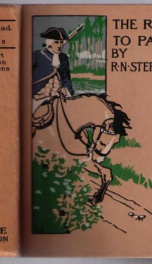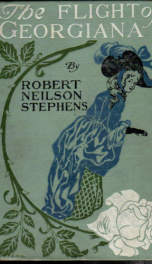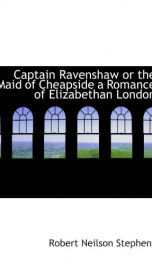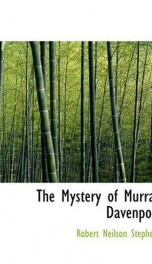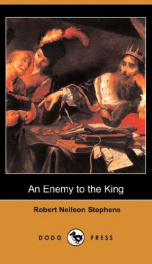The Bright Face of Danger
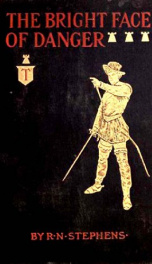
From Content: "If, on the first Tuesday in June, in the year 1608, anybody had asked me on what business I was riding towards Paris, and if I had answered, "To cut off the moustaches of a gentleman I have never seen, that I may toss them at the feet of a lady who has taunted me with that gentleman's superiorities,"-if I had made this reply, I should have been taken for the most foolish person on horseback in France that day. Yet the answer would have been true, though I accounted myself one of the wisest young gentlemen you might find in Anjou or any other province. I was, of a certainty, studious, and a lover of books. My father, the Sieur de la Tournoire, being a daring soldier, had so often put himself to perils inimical to my mother's peace of mind, that she had guided my inclinations in the peaceful direction of the library, hoping not to suffer for the son such alarms as she had undergone for the husband. I had grown up, therefore, a musing, bookish youth, rather shy and solitary in my habits: and this despite the care taken of my education in swordsmanship, riding, hunting, and other manly accomplishments, both by my father and by his old follower, Blaise Tripault. I acquired skill enough to satisfy these well-qualified instructors, but yet a volume of Plutarch or a book of poems was more to me than sword or dagger, horse, hound, or falcon. I was used to lonely walks and brookside meditations in the woods and meads of our estate of La Tournoire, in Anjou; and it came about that with my head full of verses I must needs think upon some lady with whom to fancy myself in love. Contiguity determined my choice. The next estate to ours, separated from it by a stream flowing into the Loir, had come into the possession of a rich family of bourgeois origin whom heaven had blessed (or burdened, as some would think) with a pretty daughter. Mlle. Celeste was a small, graceful, active creature, with a clear and well-coloured skin, and quick-glancing black eyes which gave me a pleasant inward stir the first time they rested on me. In my first acquaintance with this young lady, the black eyes seemed to enlarge and soften when they fell on me: she regarded me with what I took to be interest and approval: her face shone with friendliness, and her voice was kind. In this way I was led on. When she saw how far she had drawn me, her manner changed: she became whimsical, never the same for five minutes: sometimes indifferent, sometimes disdainful, sometimes gay at my expense. This treatment touched my pride, and would have driven me off, but that still, when in her presence, I felt in some degree the charm of the black eyes, the well-chiselled face, the graceful swift motions, and what else I know not. When I was away from her, this charm declined: nevertheless I chose to keep her in my mind as just such a capricious object of adoration as poets are accustomed to lament and praise in the same verses. But indeed I was never for many days out of reach of her attractive powers, for several of her own favourite haunts were on her side of the brook by which I was in the habit of strolling or reclining for some part of almost every fair day. Attended by a fat and sleepy old waiting-woman, she was often to be seen running along the grassy bank with a greyhound that followed her everywhere. For this animal she showed a constancy of affection that made her changefulness to me the more heart-sickening." -
Info about the book
Author:
Series:
Unknown
ASIN:
B003YORHM8
Rating:
2.5/5 (3)Your rating:
0/5
Languge:
English
Users who have this book
Users who want this book
What readers are saying
What do you think? Write your own comment on this book!
write a commentif you like The Bright Face of Danger try:
Do you want to read a book that interests you? It’s EASY!
Create an account and send a request for reading to other users on the Webpage of the book!

